What do you think?
Rate this book


1184 pages, Paperback
First published January 1, 1994
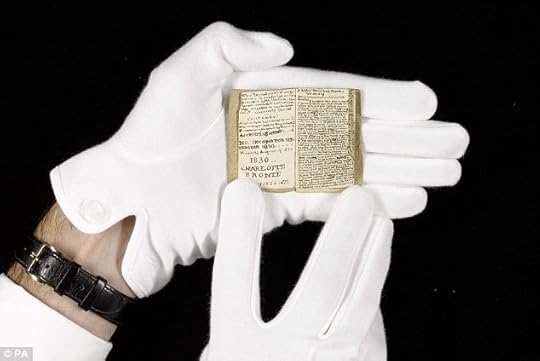
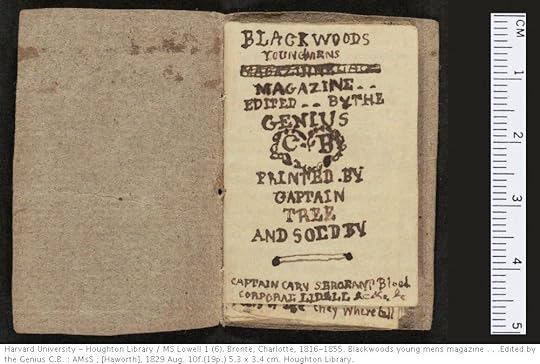
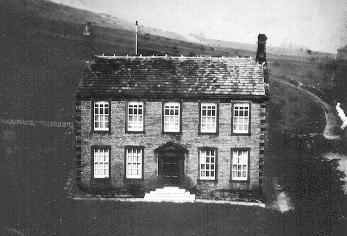
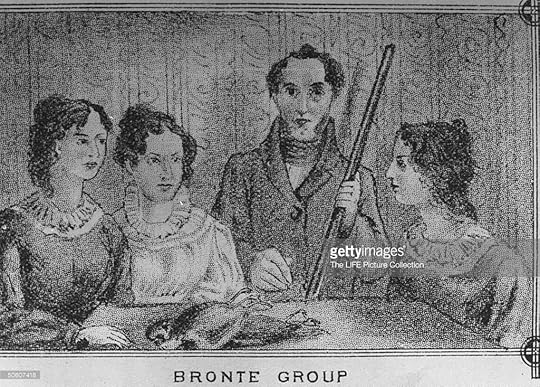
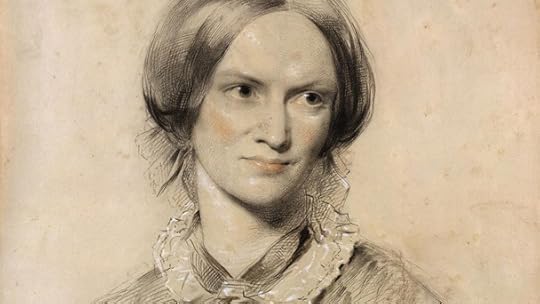
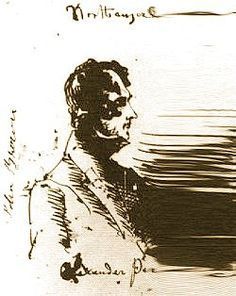
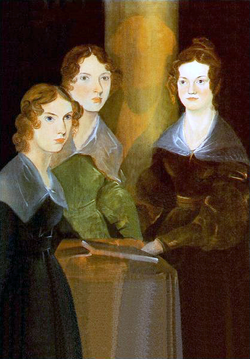
 para más fotos/info/links, los invito a pasar por mi tablero dedicado a la familia Brontë-lo empecé hace poco pero pienso
para más fotos/info/links, los invito a pasar por mi tablero dedicado a la familia Brontë-lo empecé hace poco pero pienso [Charlotte's] careful choice of only seven poems, (...) was dictated partly by her own perception of Anne as Emily’s inferior.